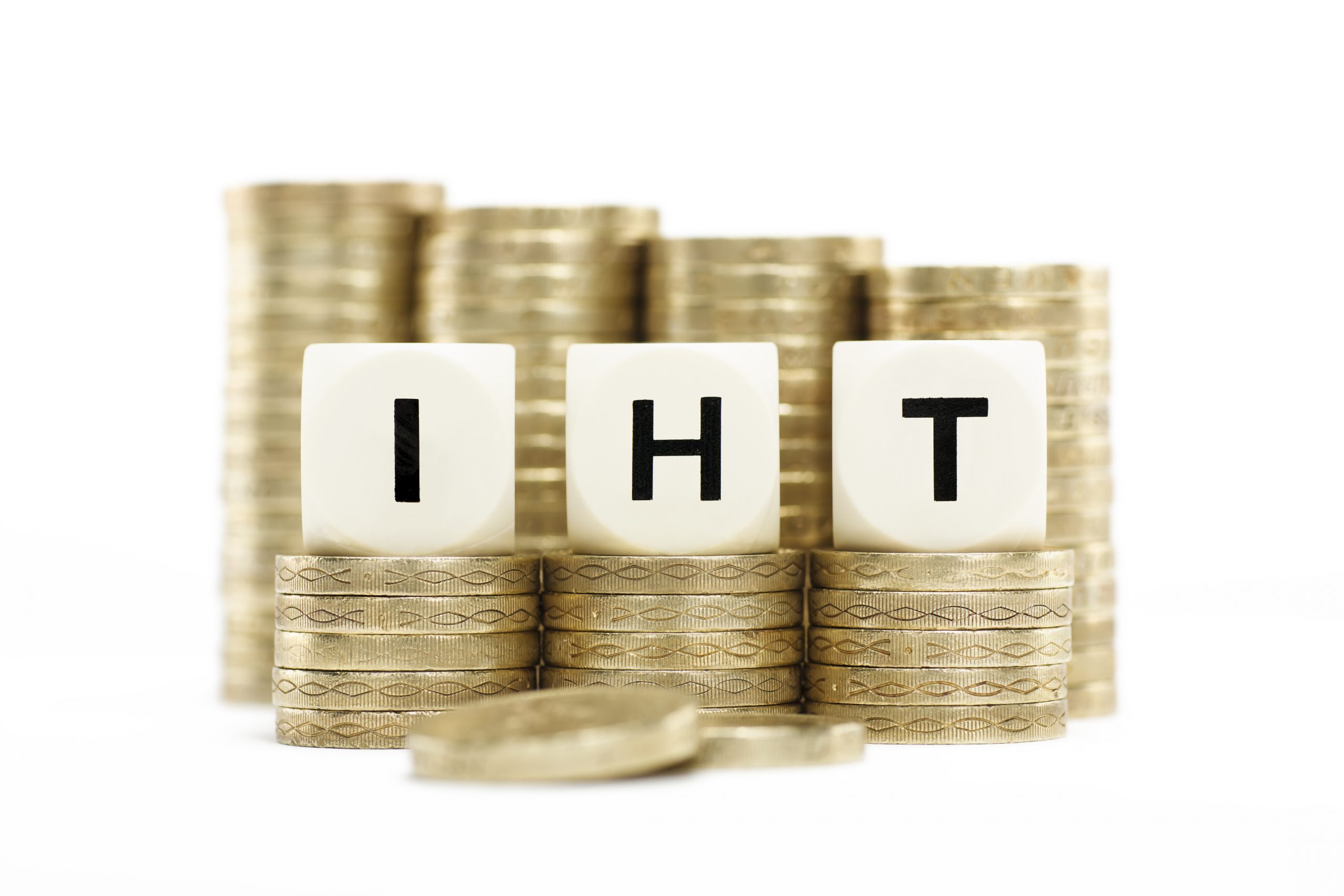News
IHT tax-take soars as families are hit by frozen thresholds

HMRC collected £4.8bn in inheritance tax (IHT) receipts between April and November 2022.
Government figures show that IHT receipts were up £600m compared to the same period a year earlier, continuing an upward trend.
IHT is levied at 40% on estates worth more than £325,000. However, individual homeowners can pass on properties worth up to £500,000 completely IHT-free. This is because on top of the nil-rate band (up to £325,000), there is also a main residence nil-rate band standing at £175,000.
Andrew Tully, technical director at Canada Life, said: “The latest IHT receipts shows we are on for a record-breaking year. With thresholds frozen until at least April 2028, more estates will be coming in from the cold and will likely be caught in this widening tax net, and this is despite predicted house price falls in 2023.”
HMRC said the spike in receipts in November 2022 was due to a small number of higher-value payments than usual. In the months between April and October 2022, the government saw £4.1bn in IHT receipts.
The government has frozen IHT thresholds until 2027/28
IHT is often a source of contention, and has become a profitable area for HMRC, largely due to the rapid rise in house prices seen in recent years causing more estates to tip over the threshold. The number of people caught in the IHT net has been rising steadily for some time and this number will only continue to rise as we move further into the freeze.
Rachael Griffin, tax and financial planning expert at Quilter, said: “IHT is fast becoming a profitable area for the government, largely due to the rapid rise in house prices seen in recent years causing more people to tip over the threshold.
“Despite this, just last week the Institute for Fiscal Studies called for reform to the tax treatment of pensions on death on the grounds of fairness as it deemed pensions to be ‘a highly effective way of avoiding inheritance tax’, but such reform would likely only make things fairer for the exchequer and not for bereaved families. Making pensions subject to IHT would be counter-intuitive to encouraging people to save for their retirement, and with the lack of certainty on the direction of social care it is crucial that people continue to put their own financial plans in place.”